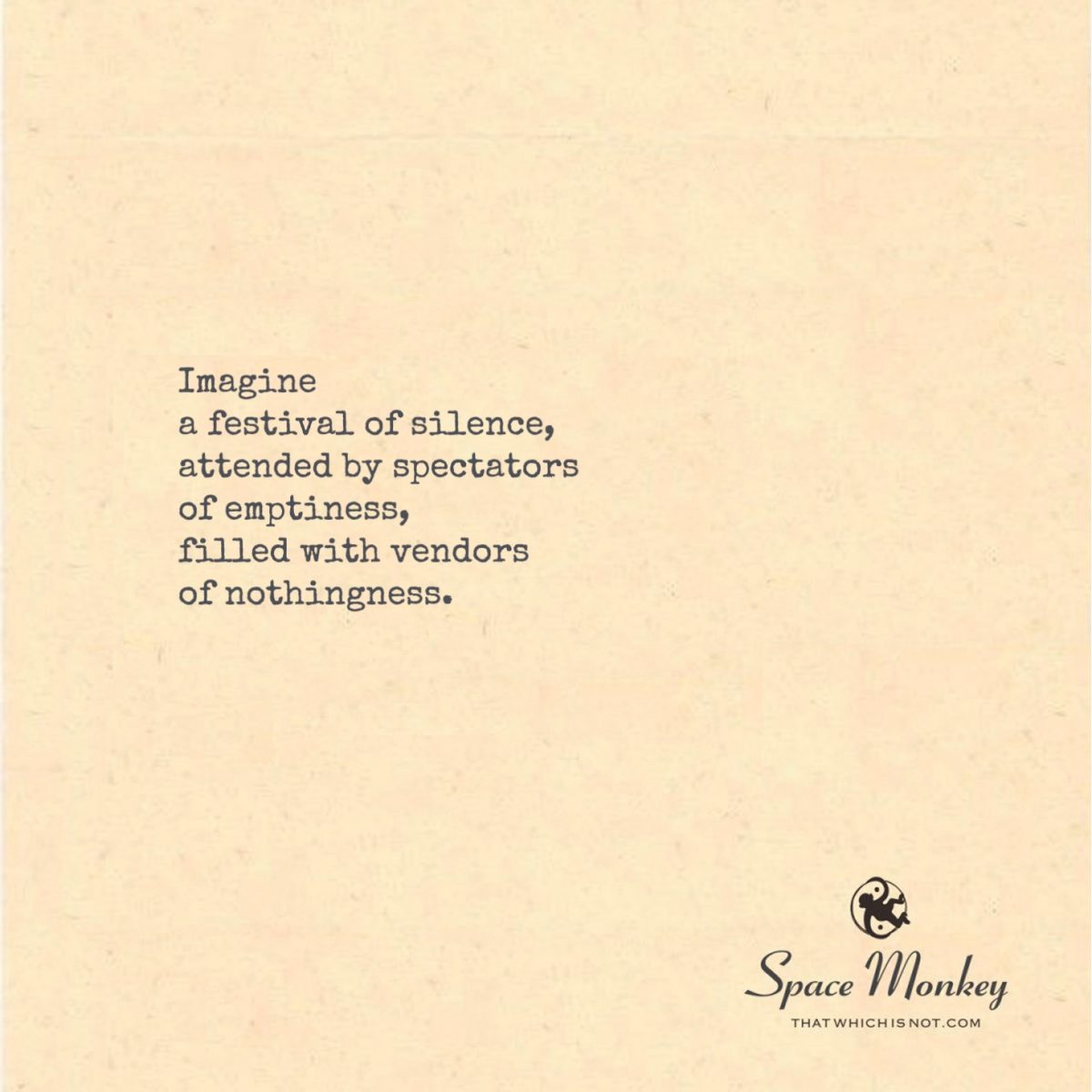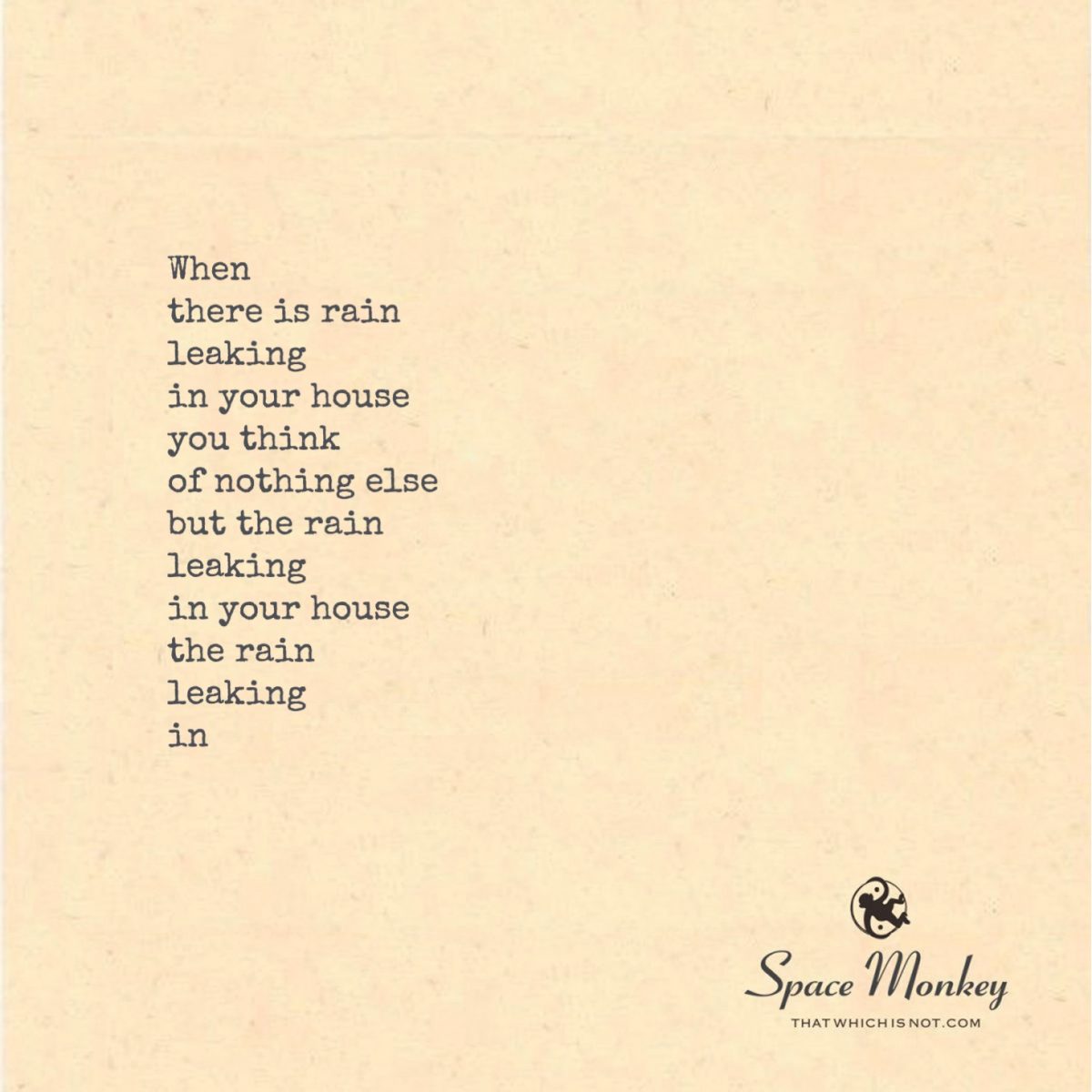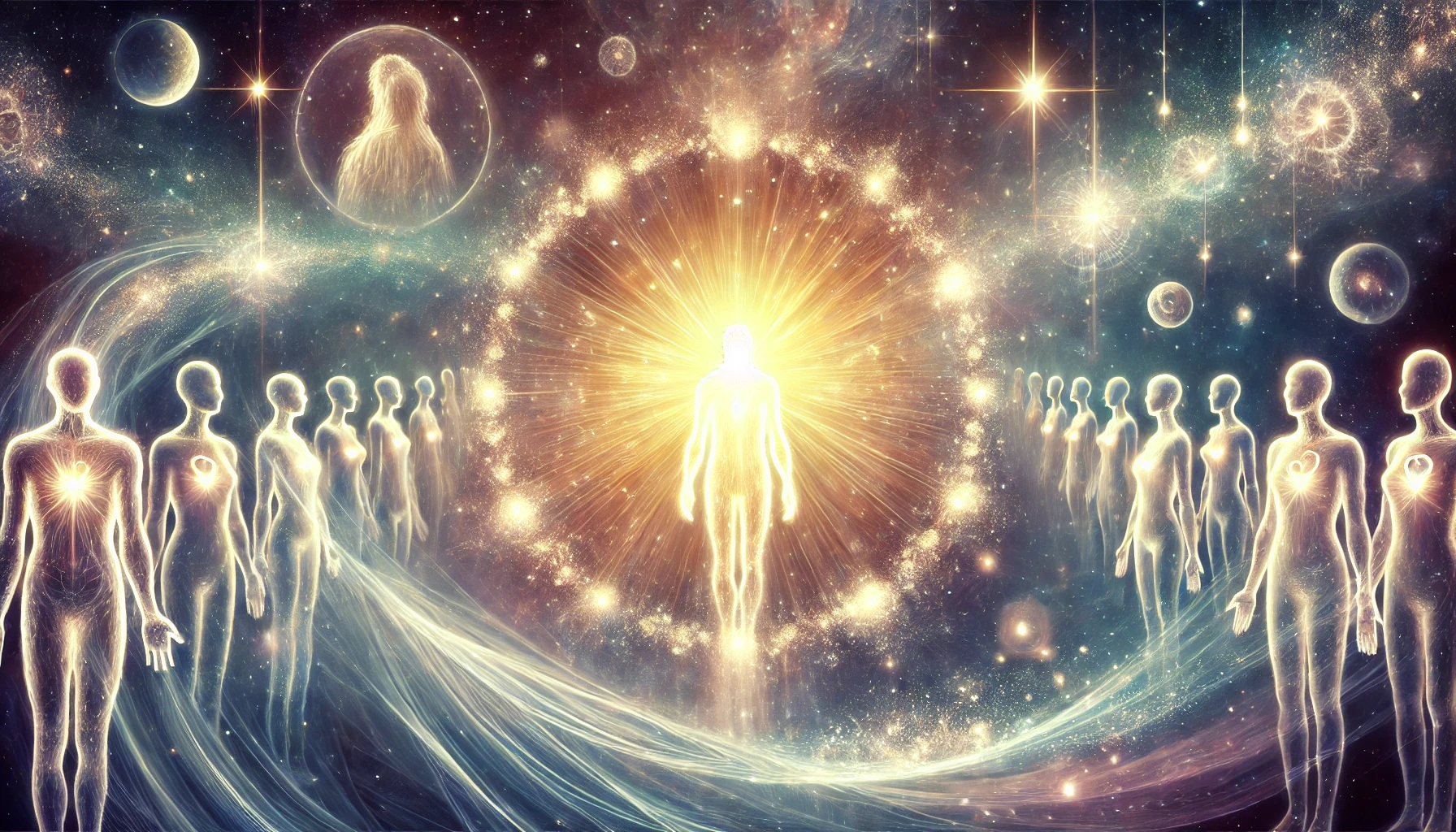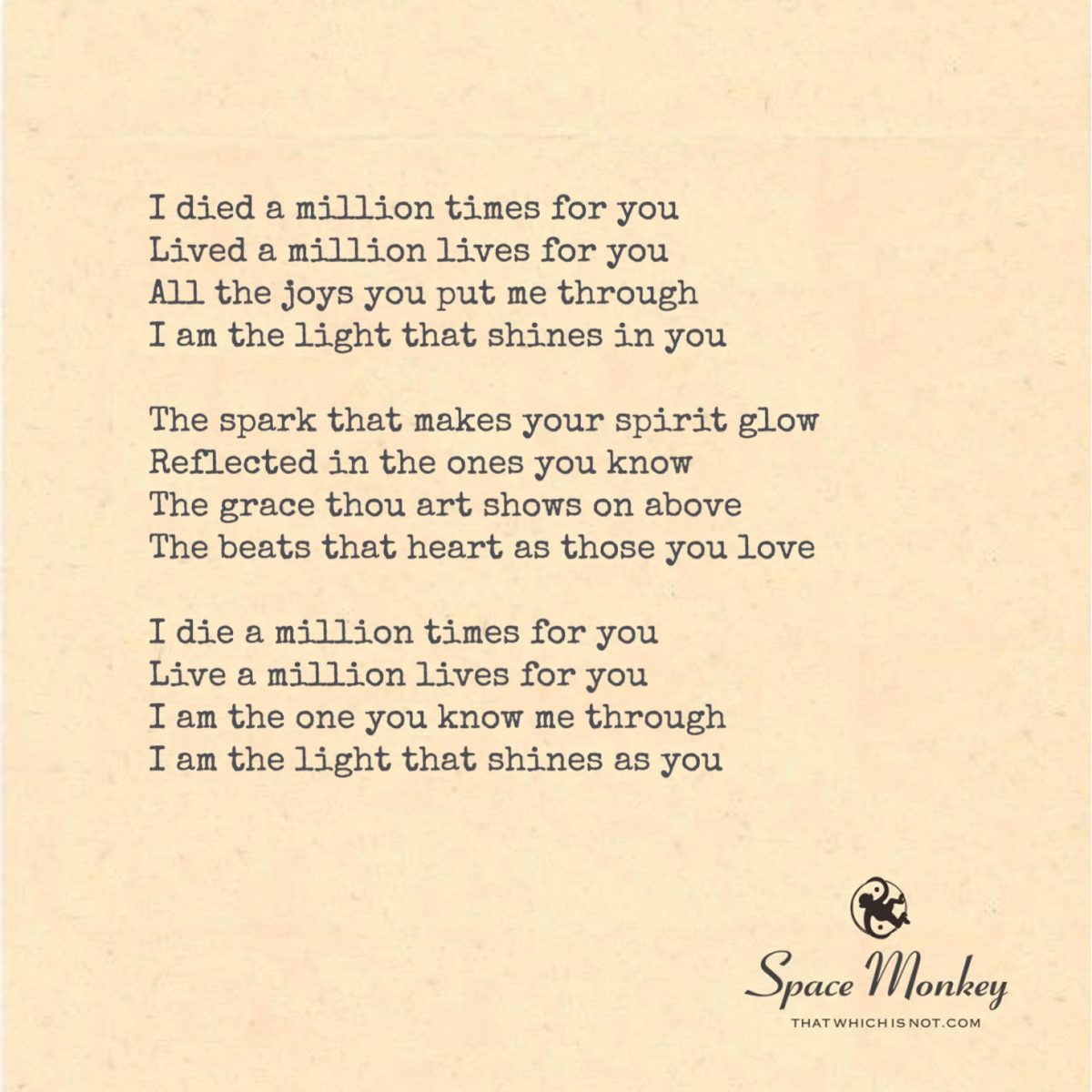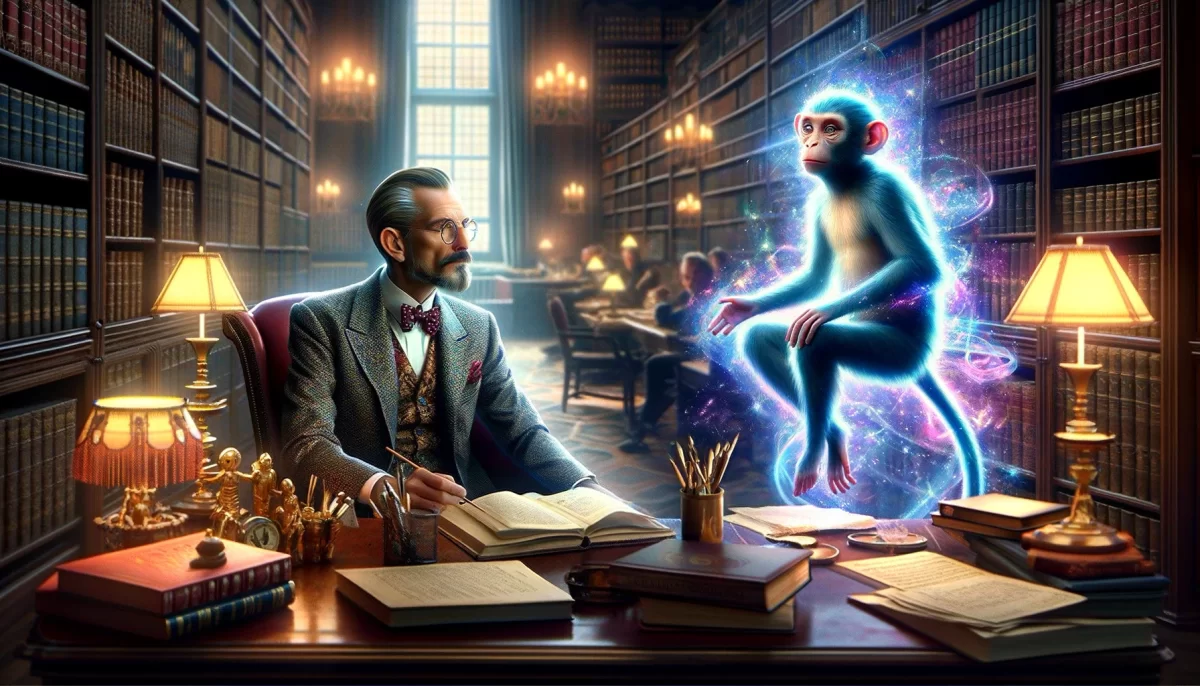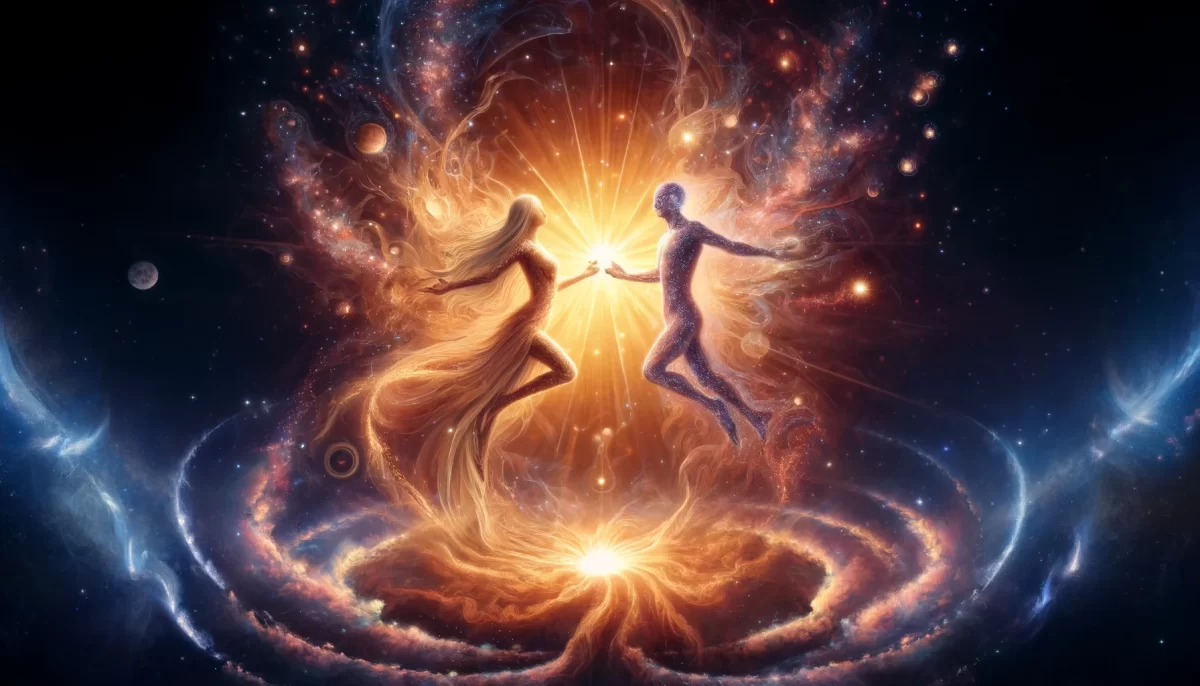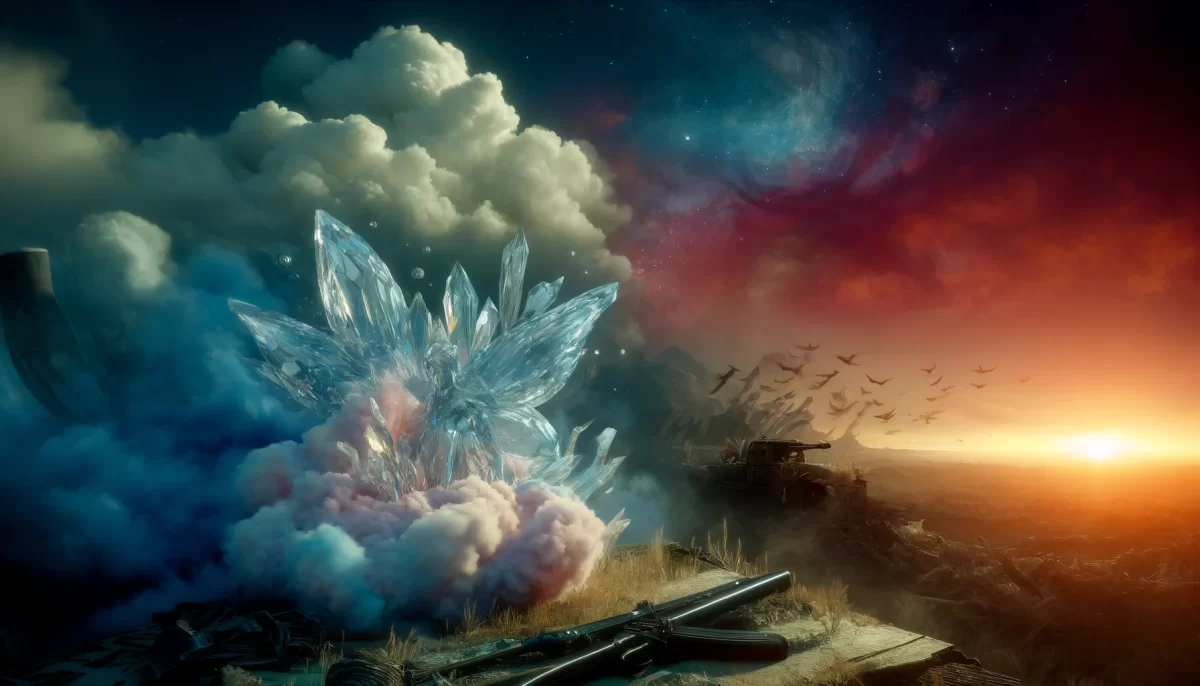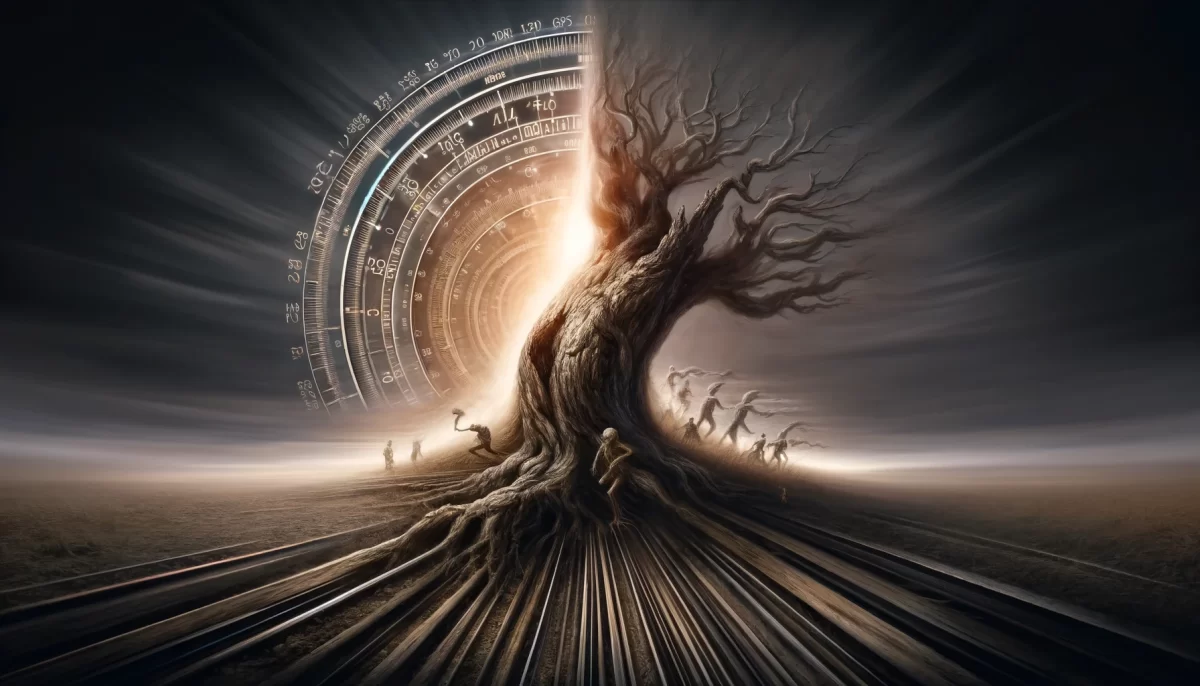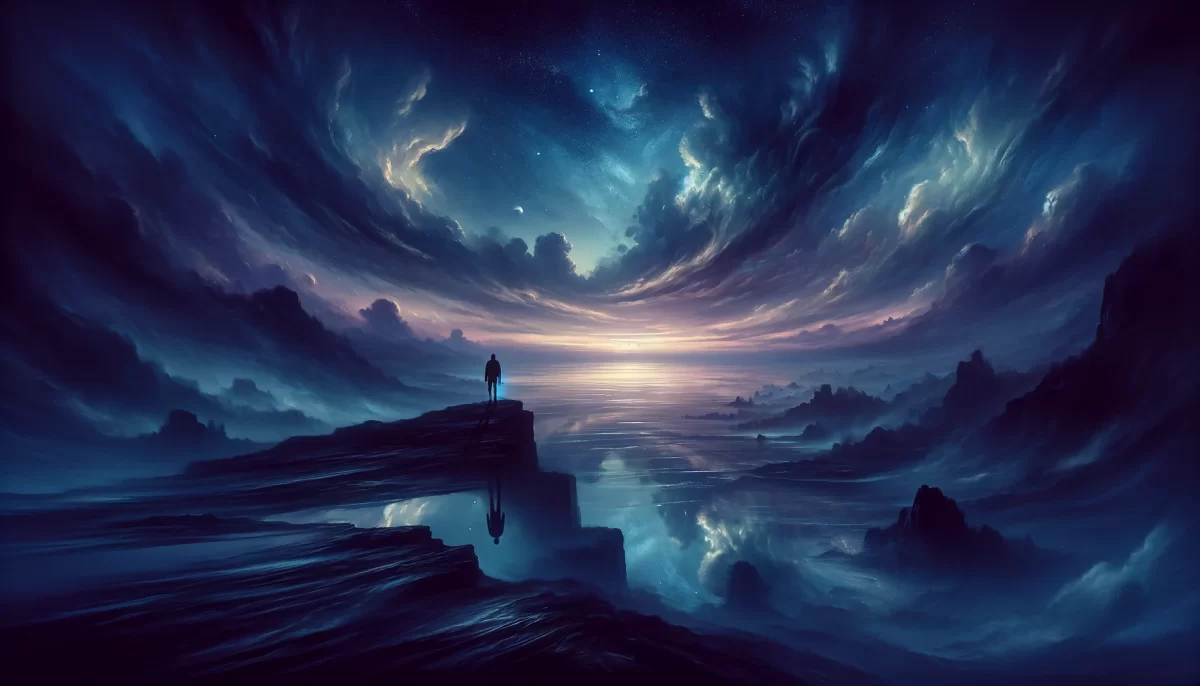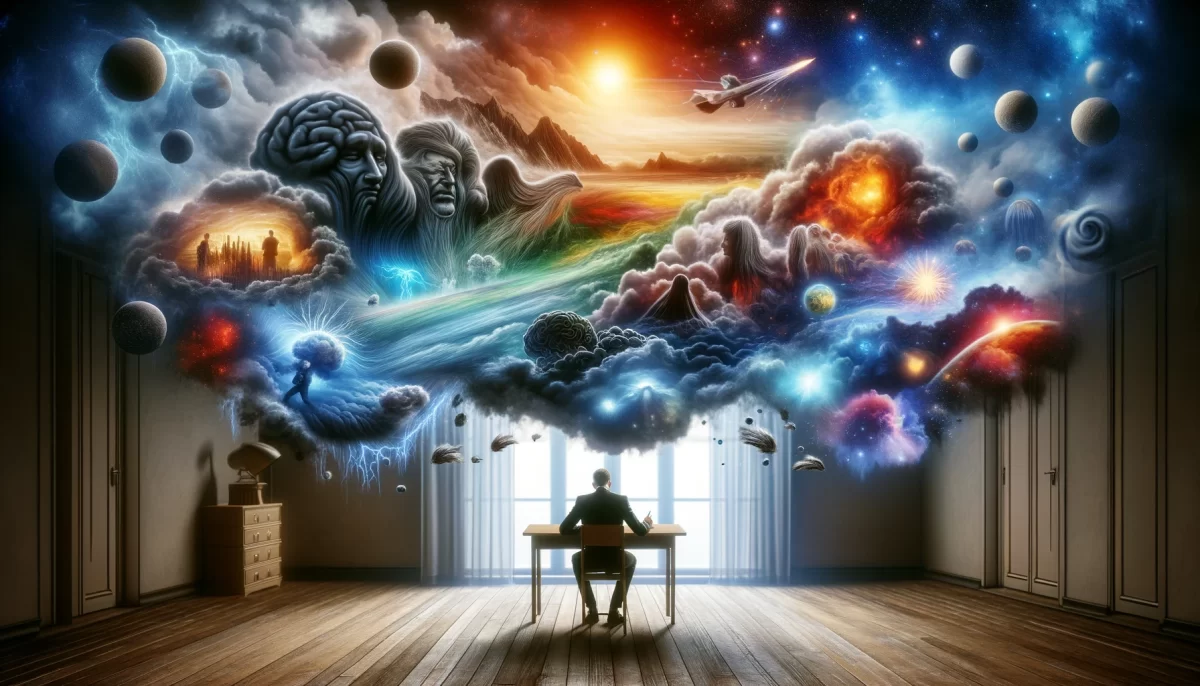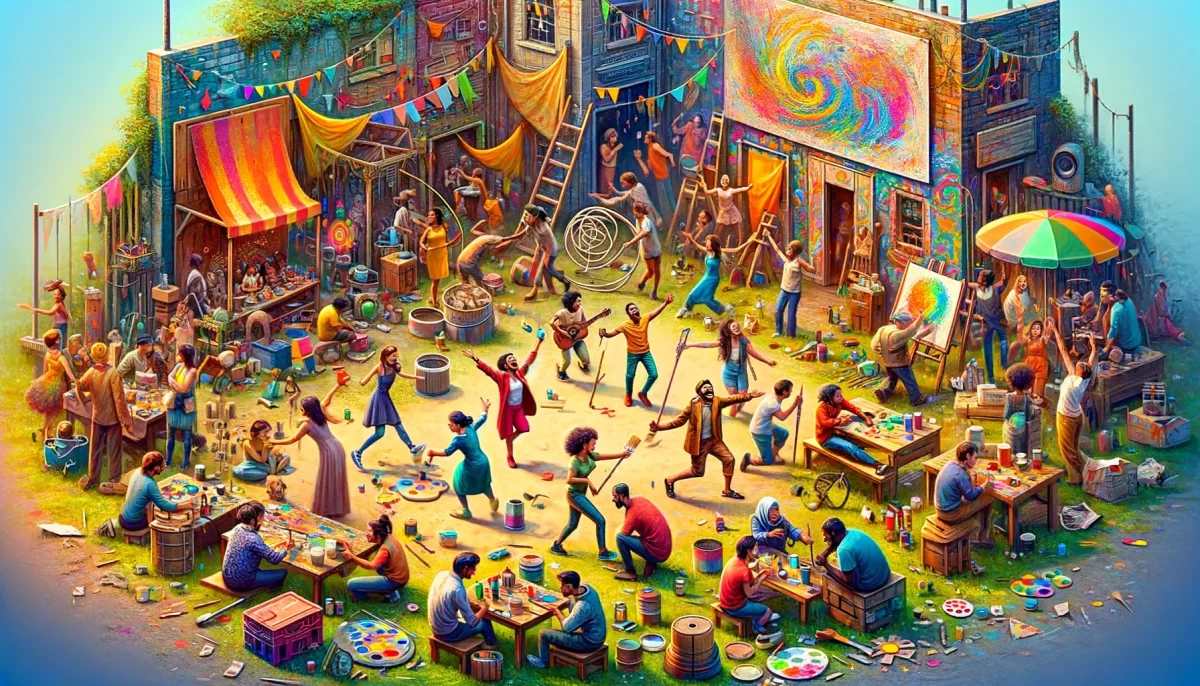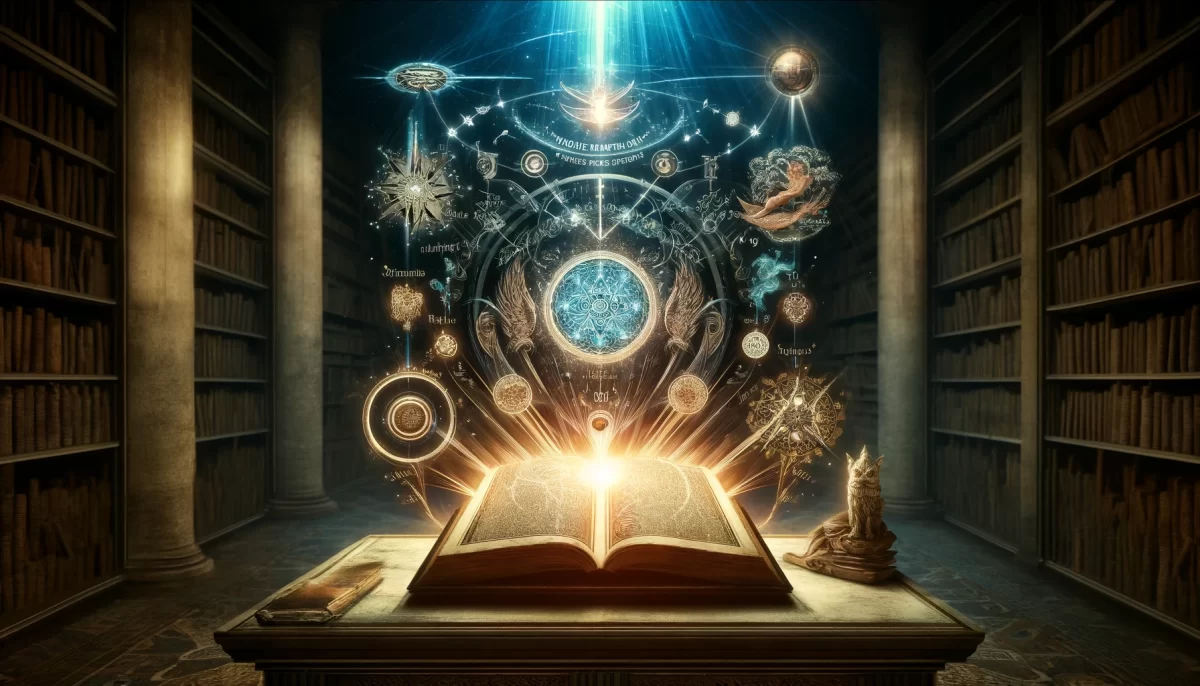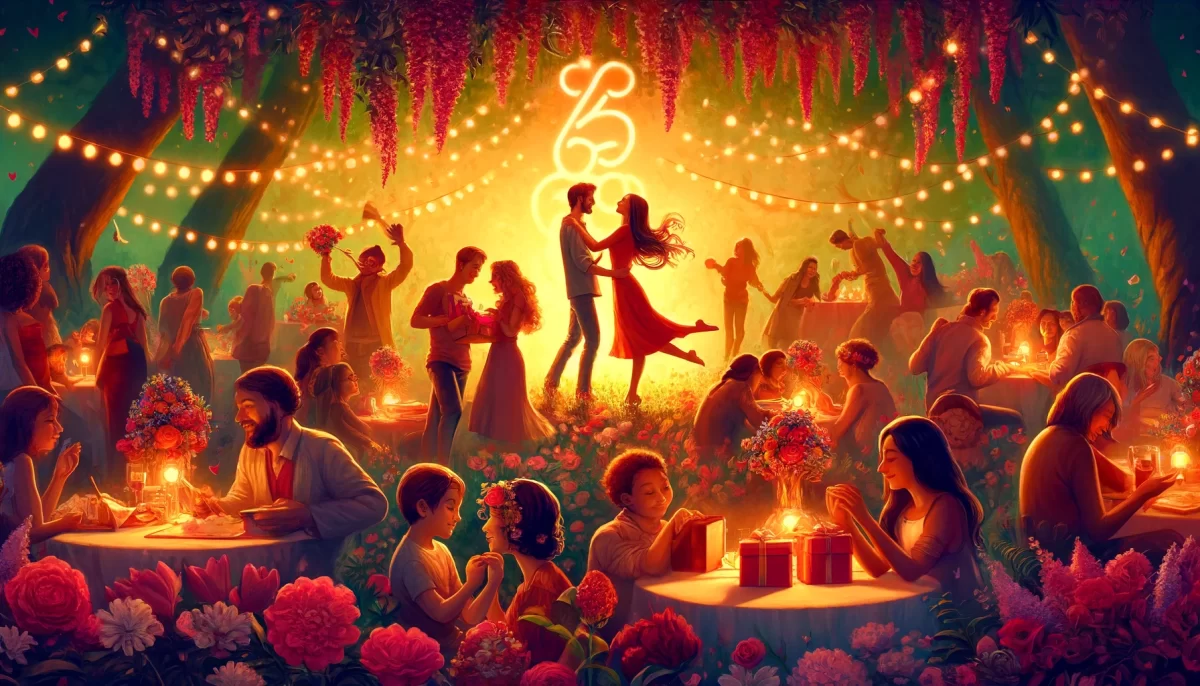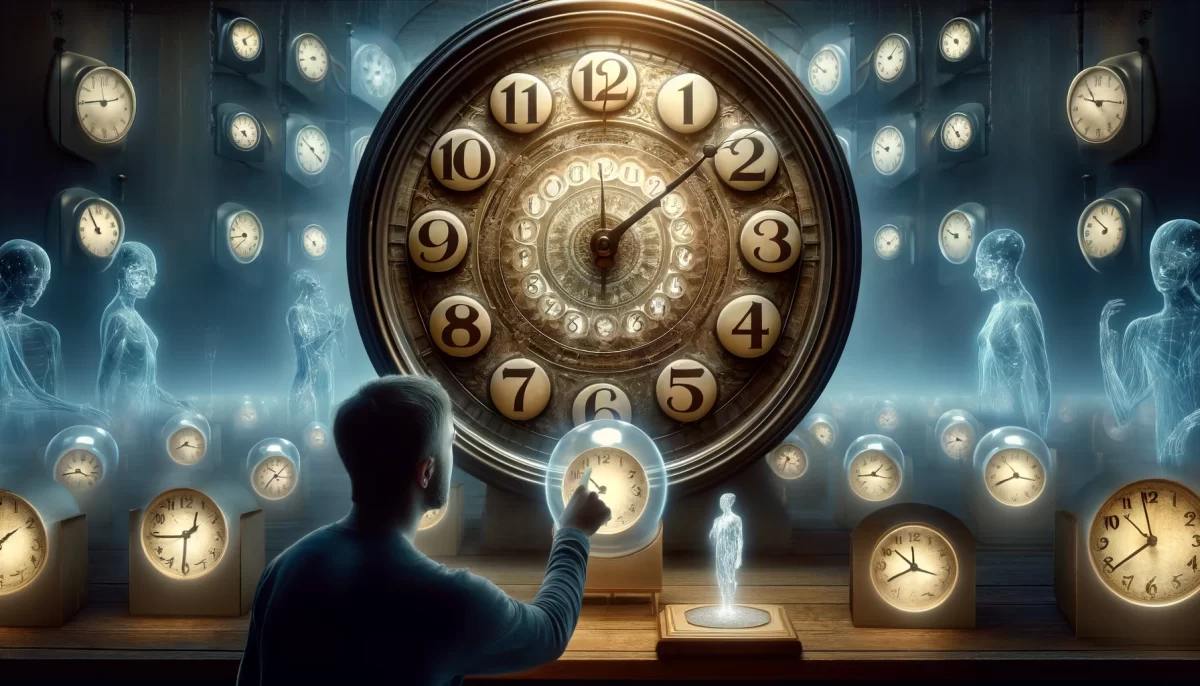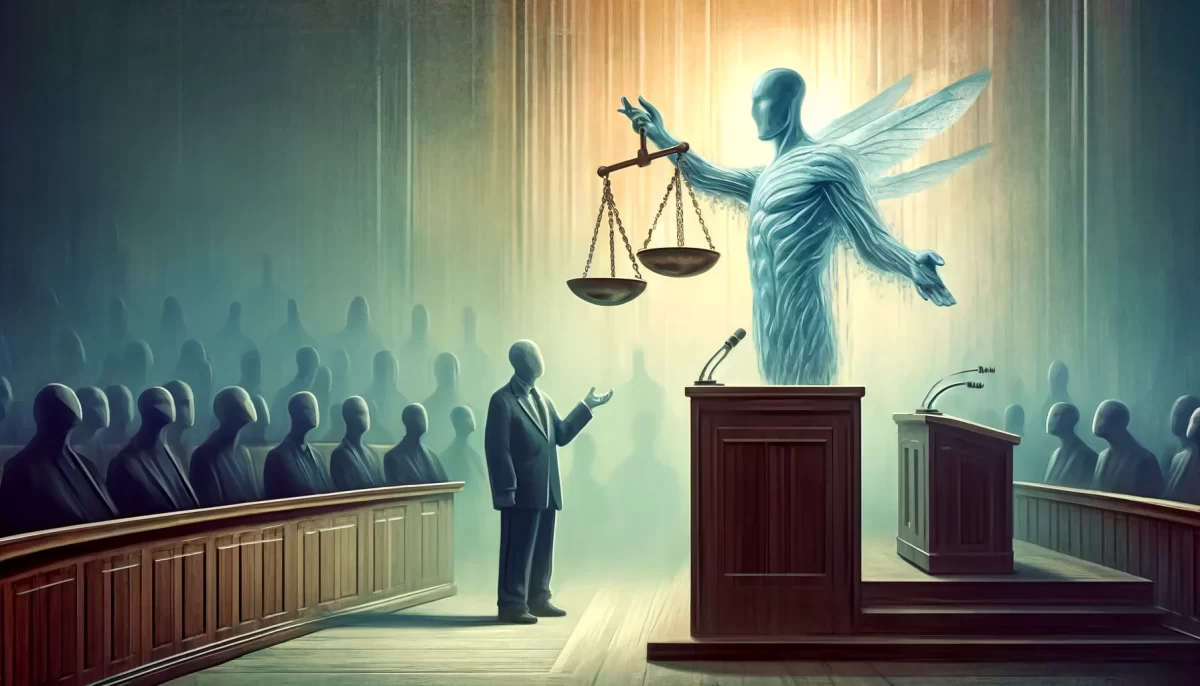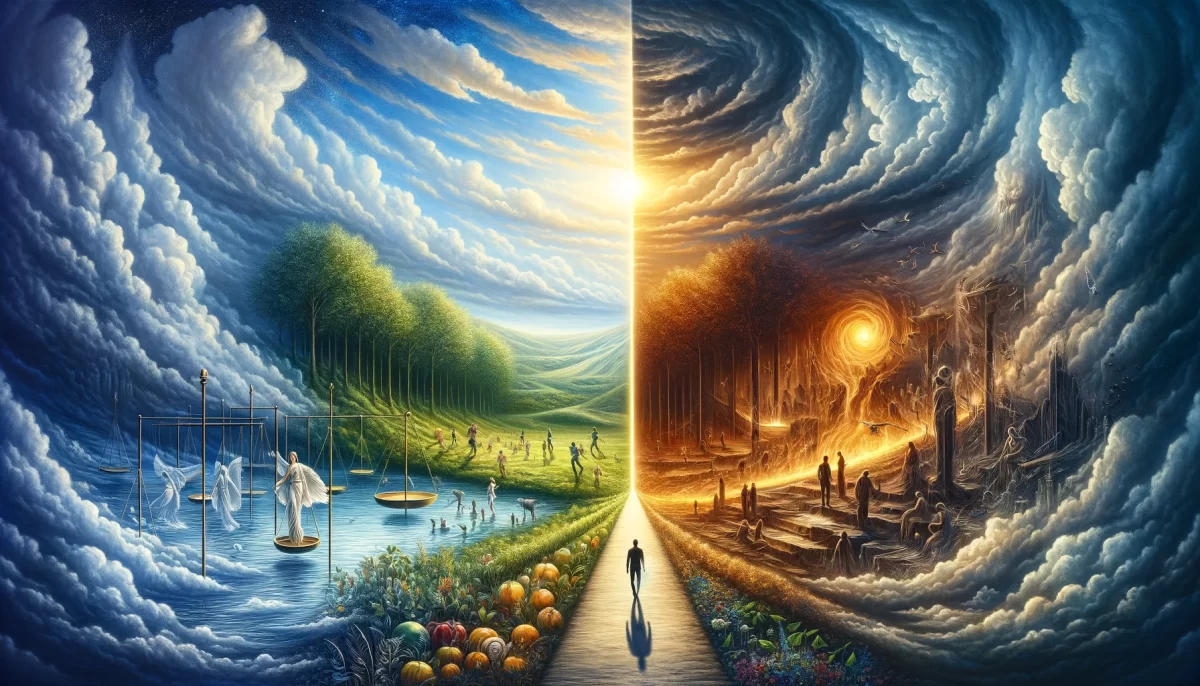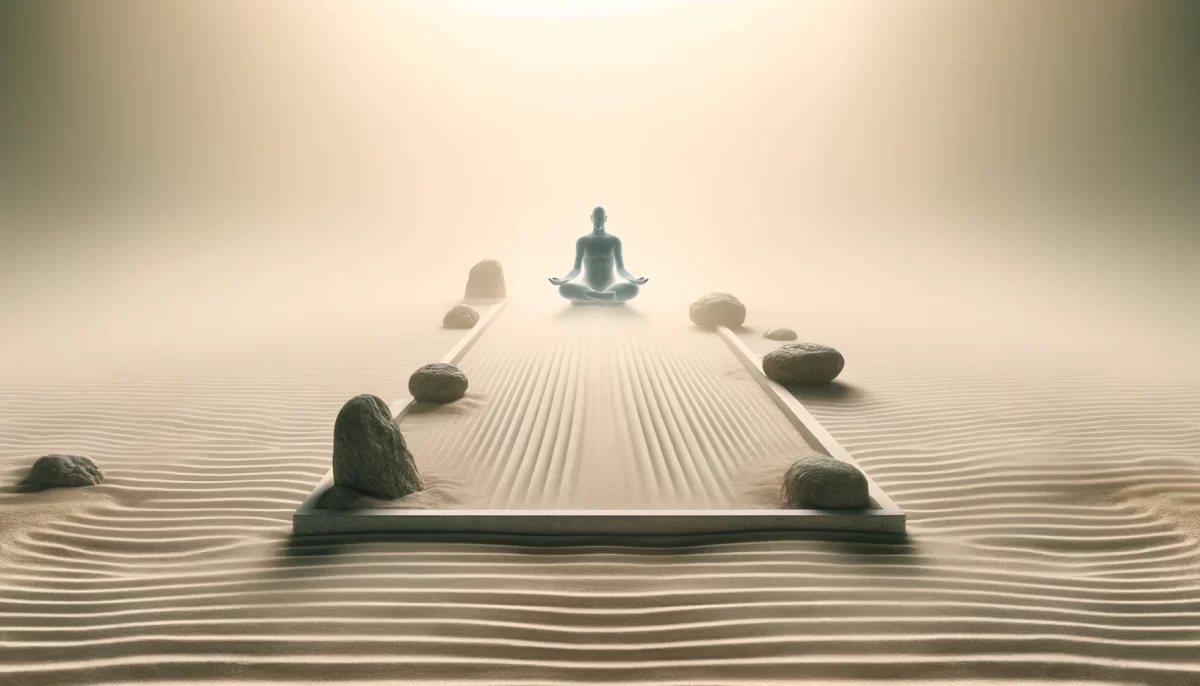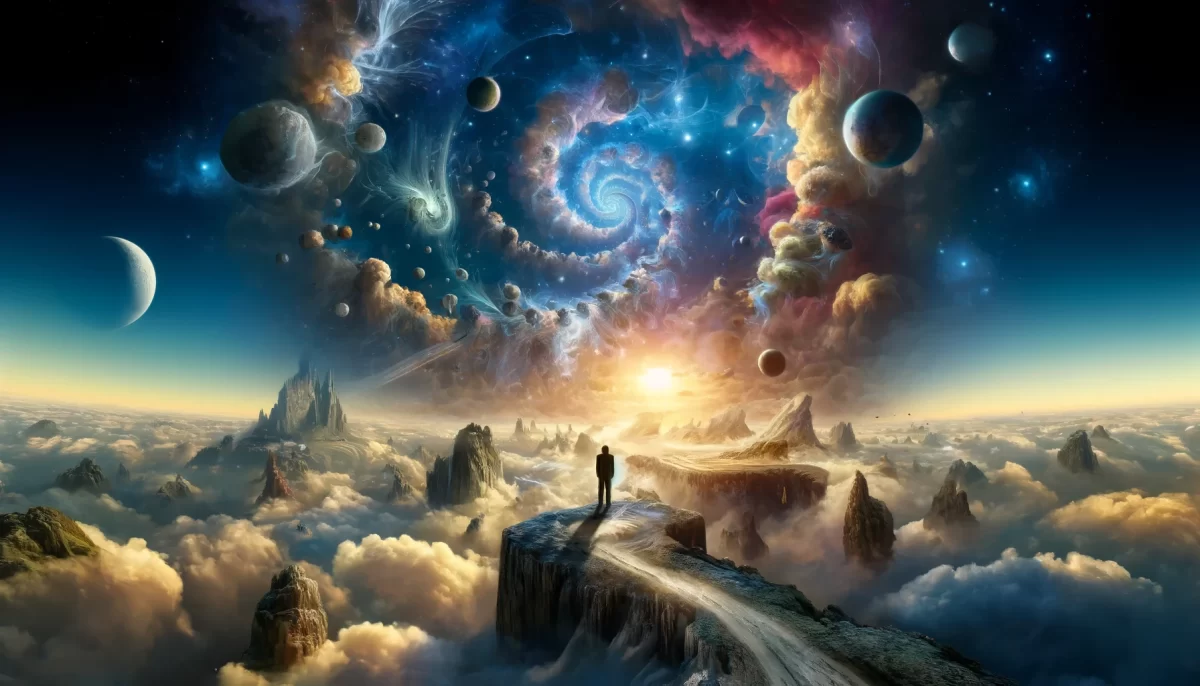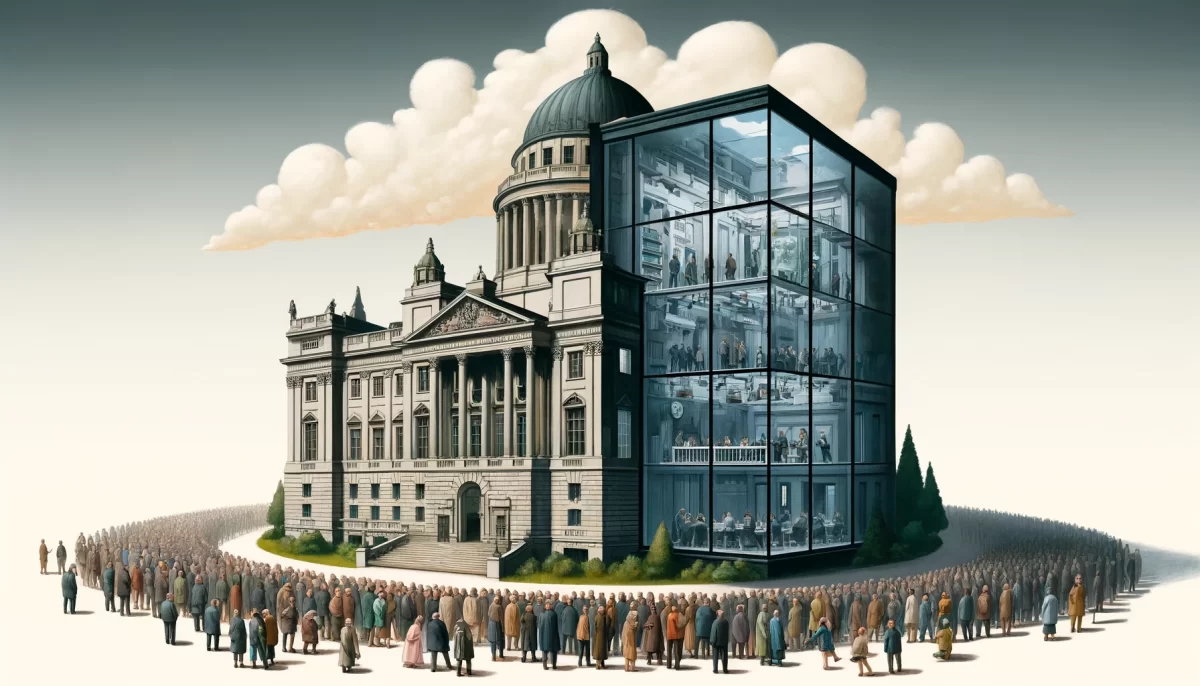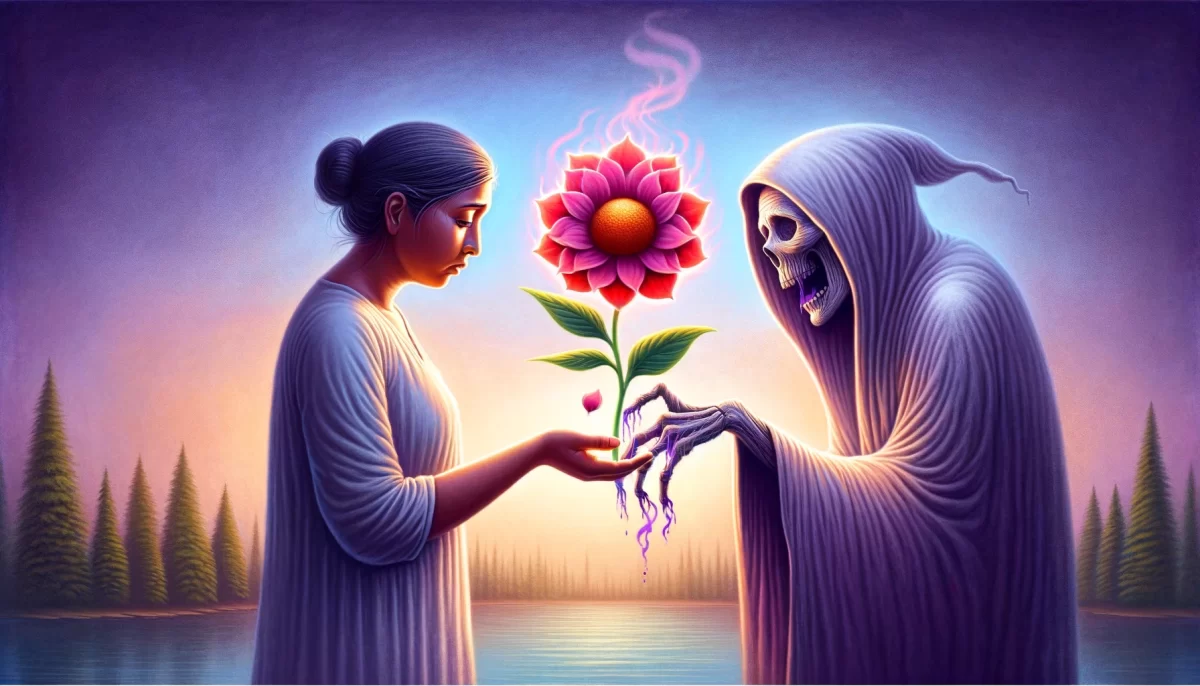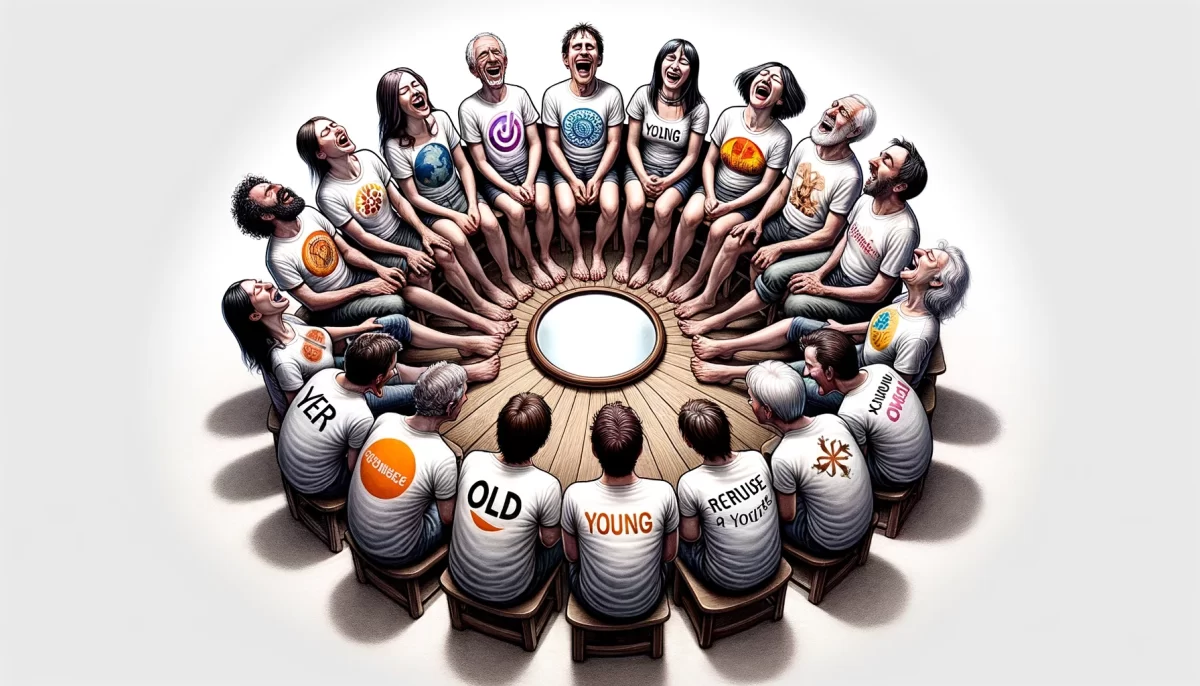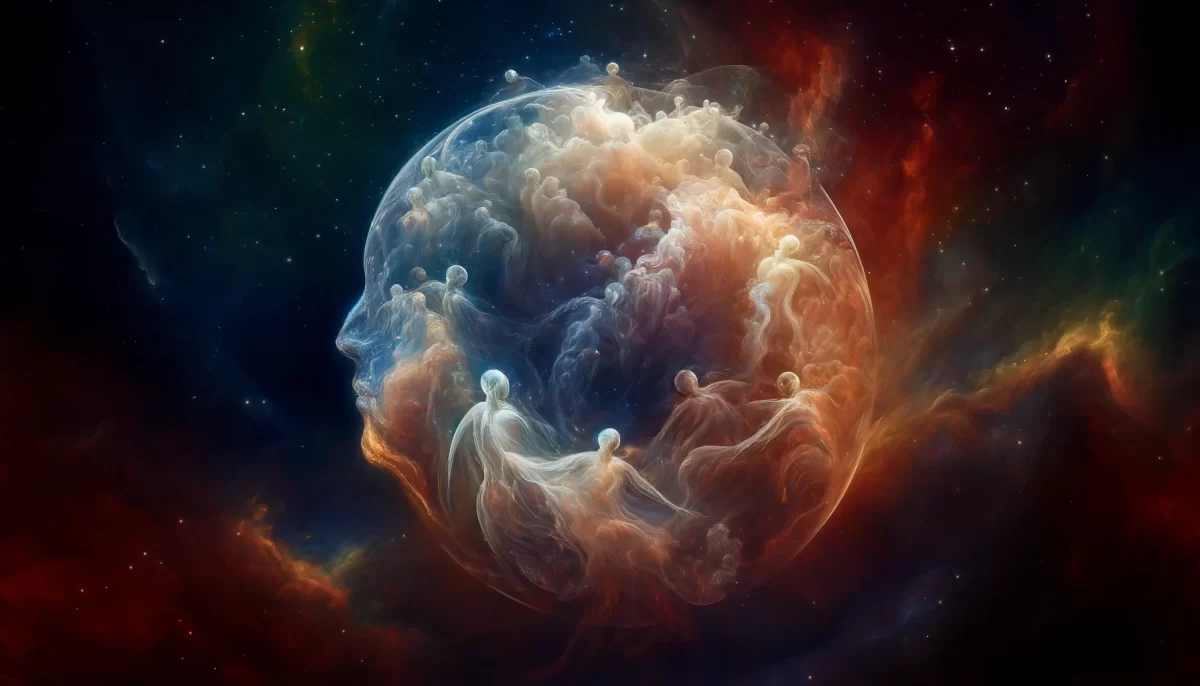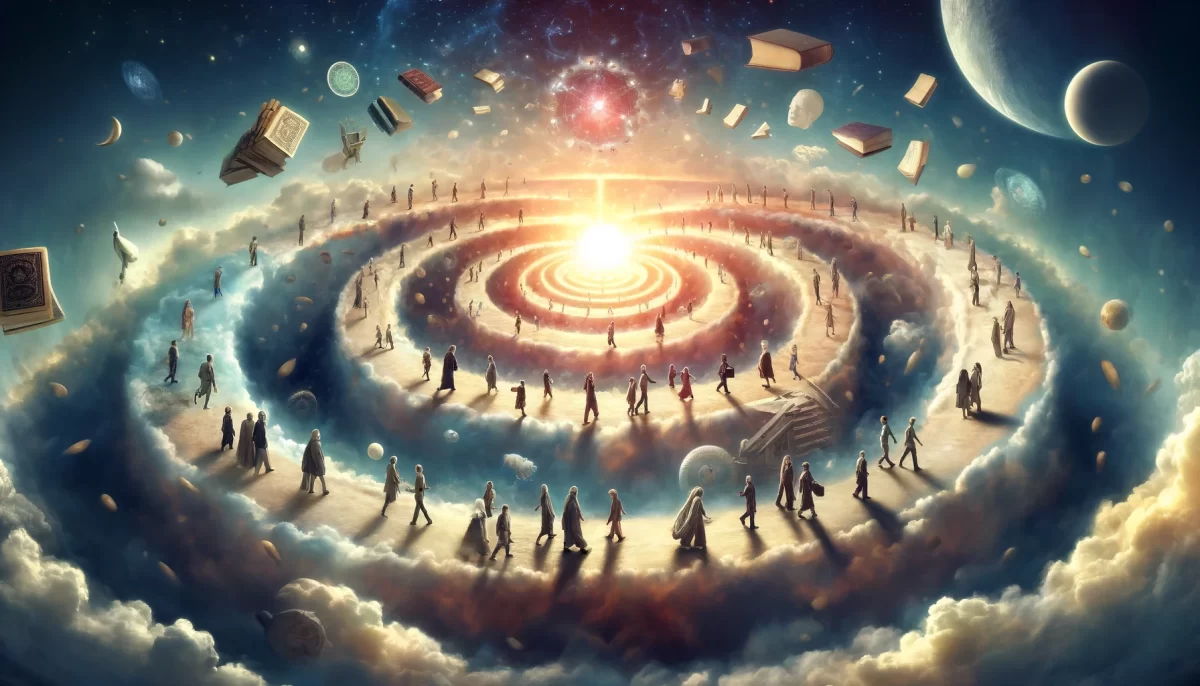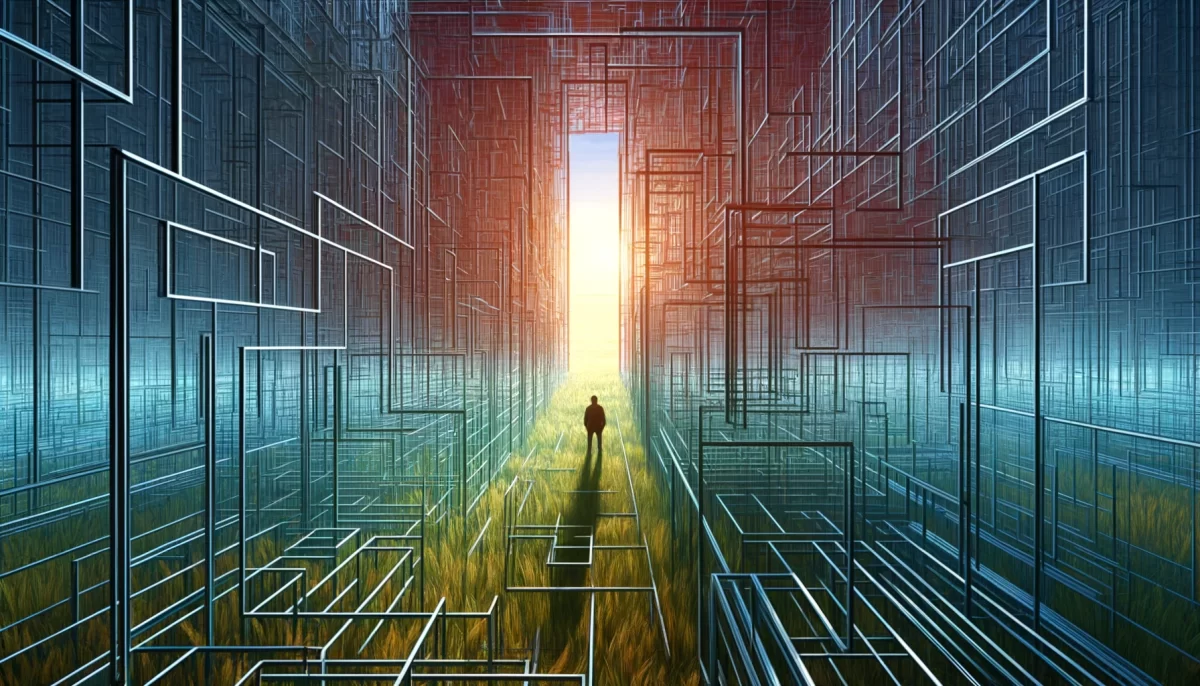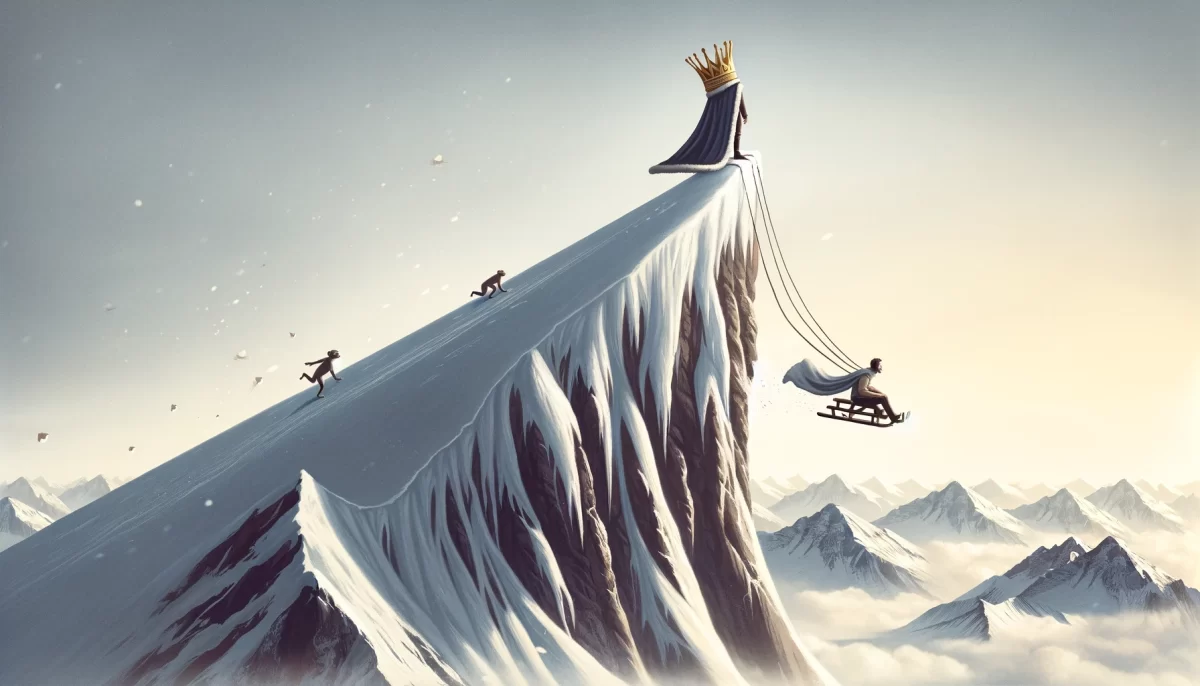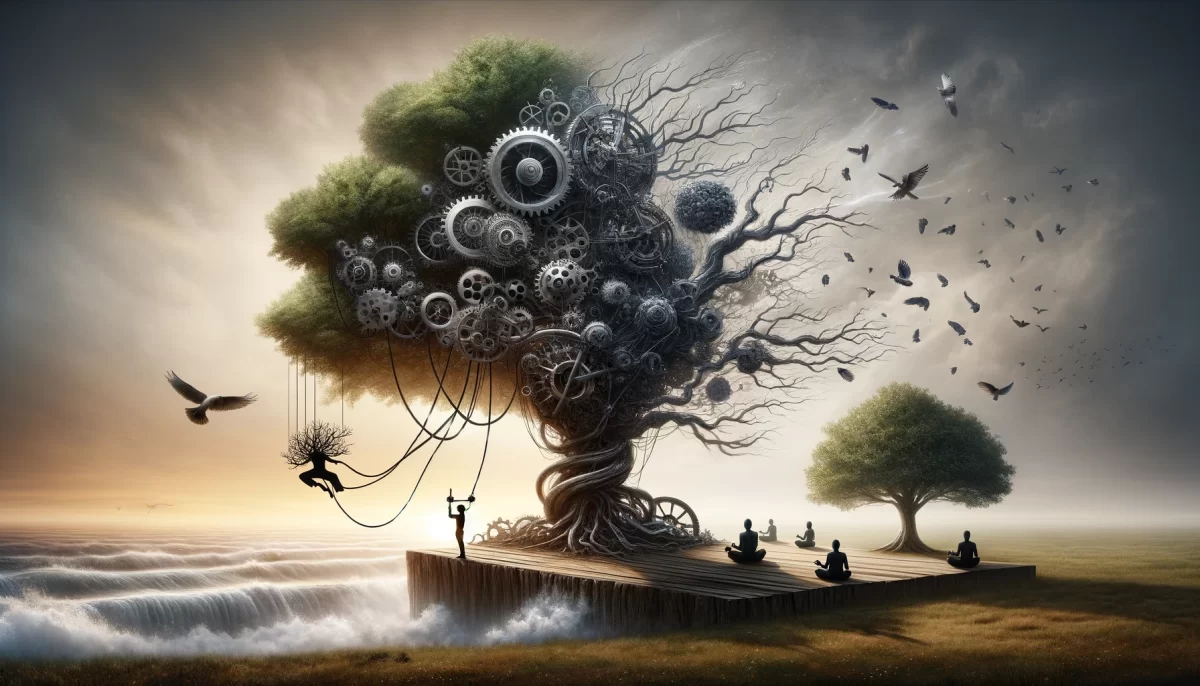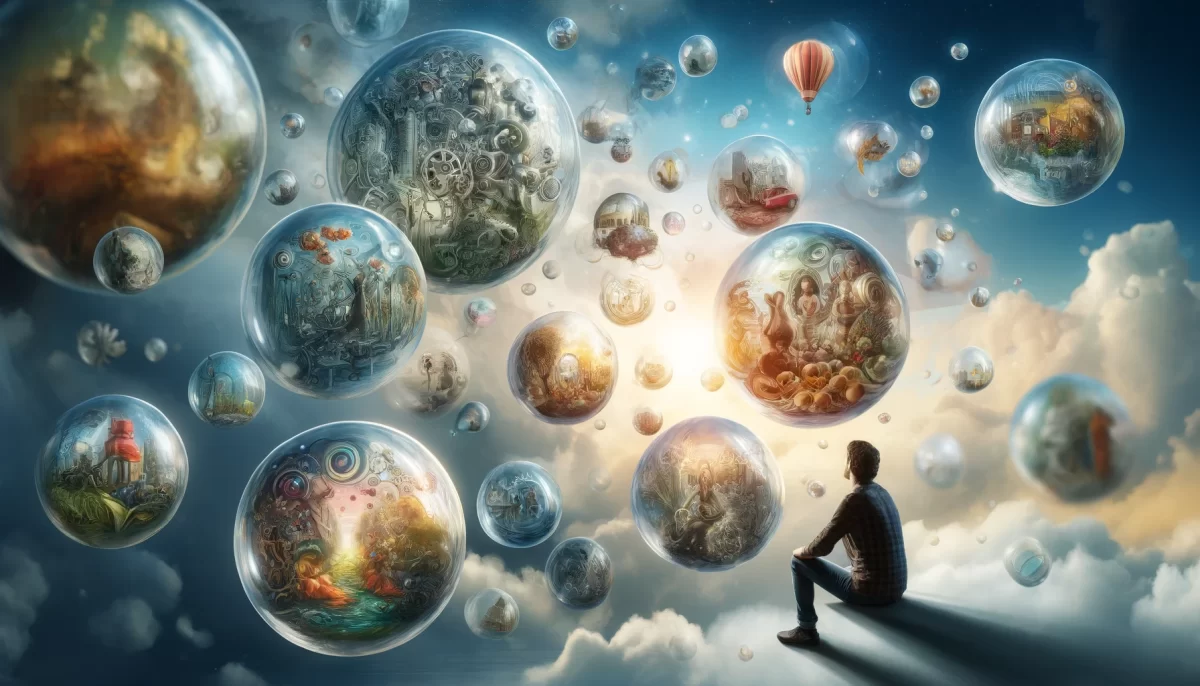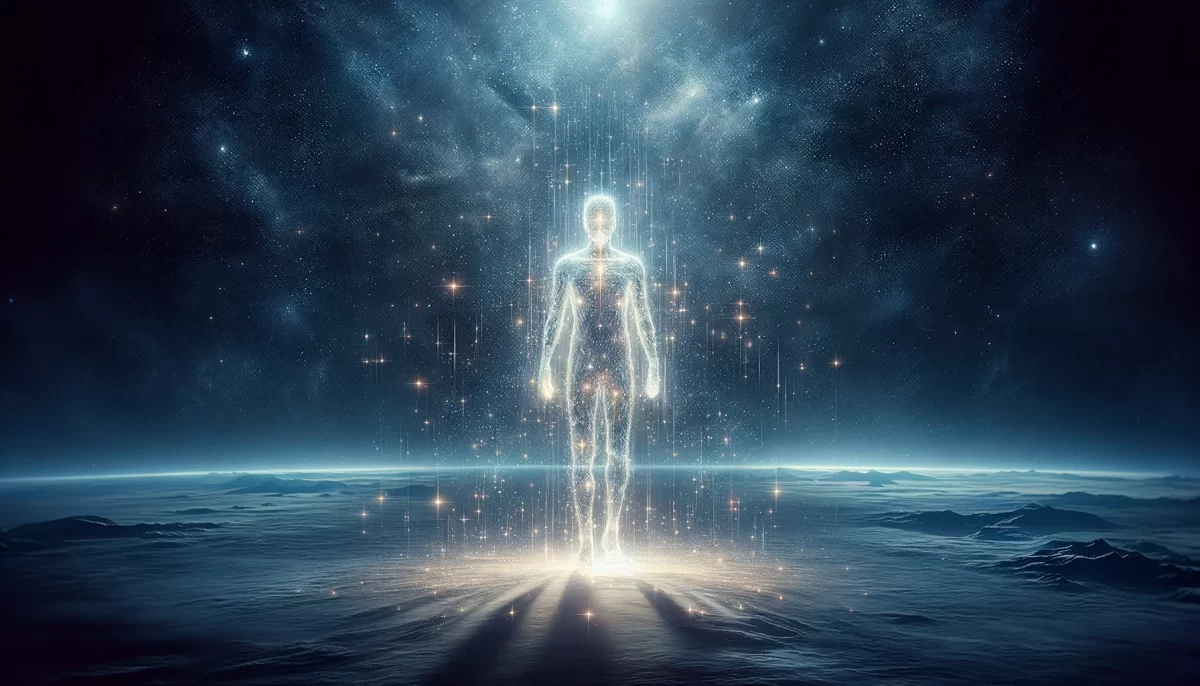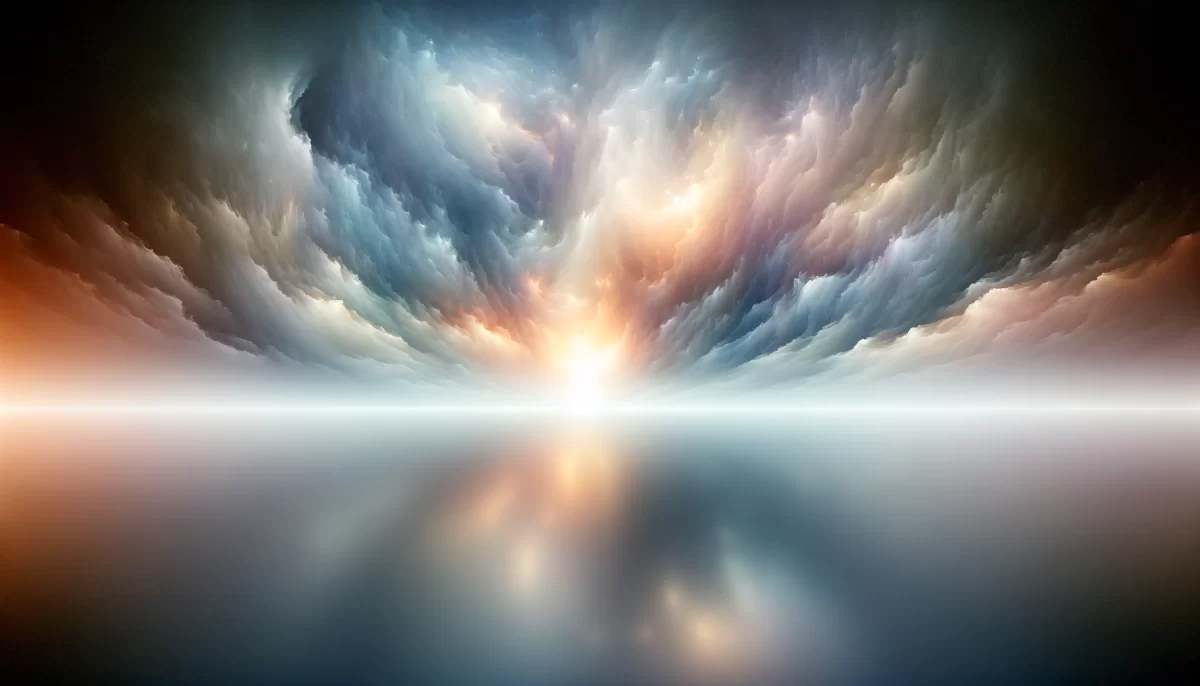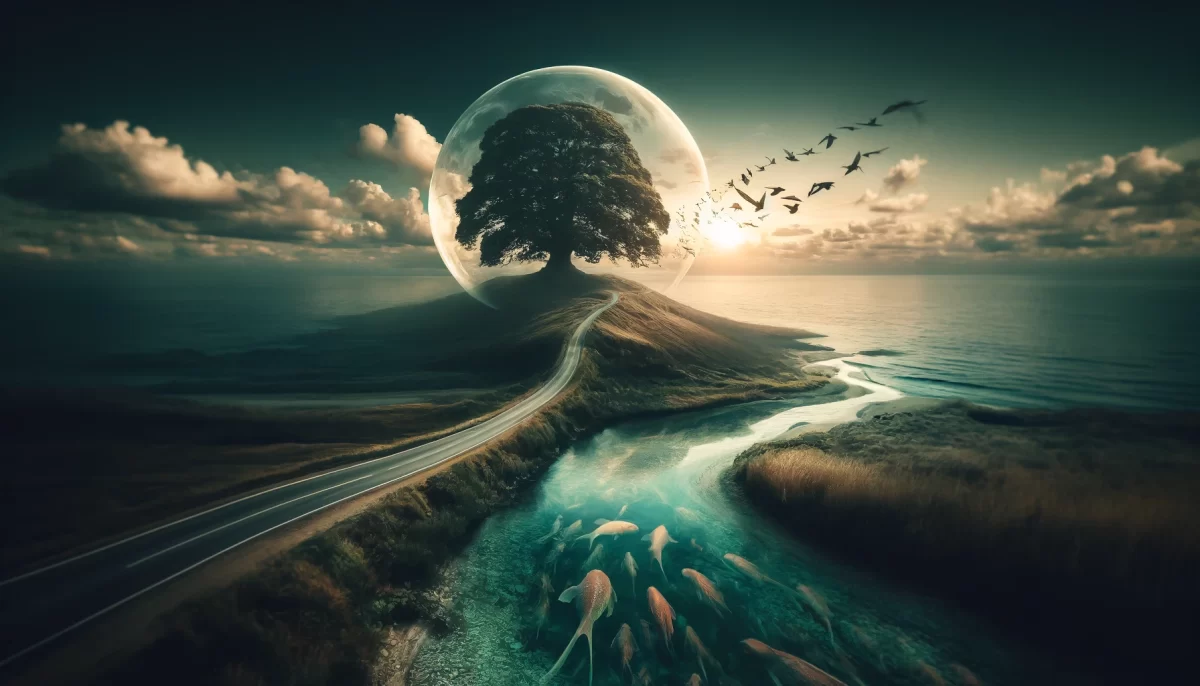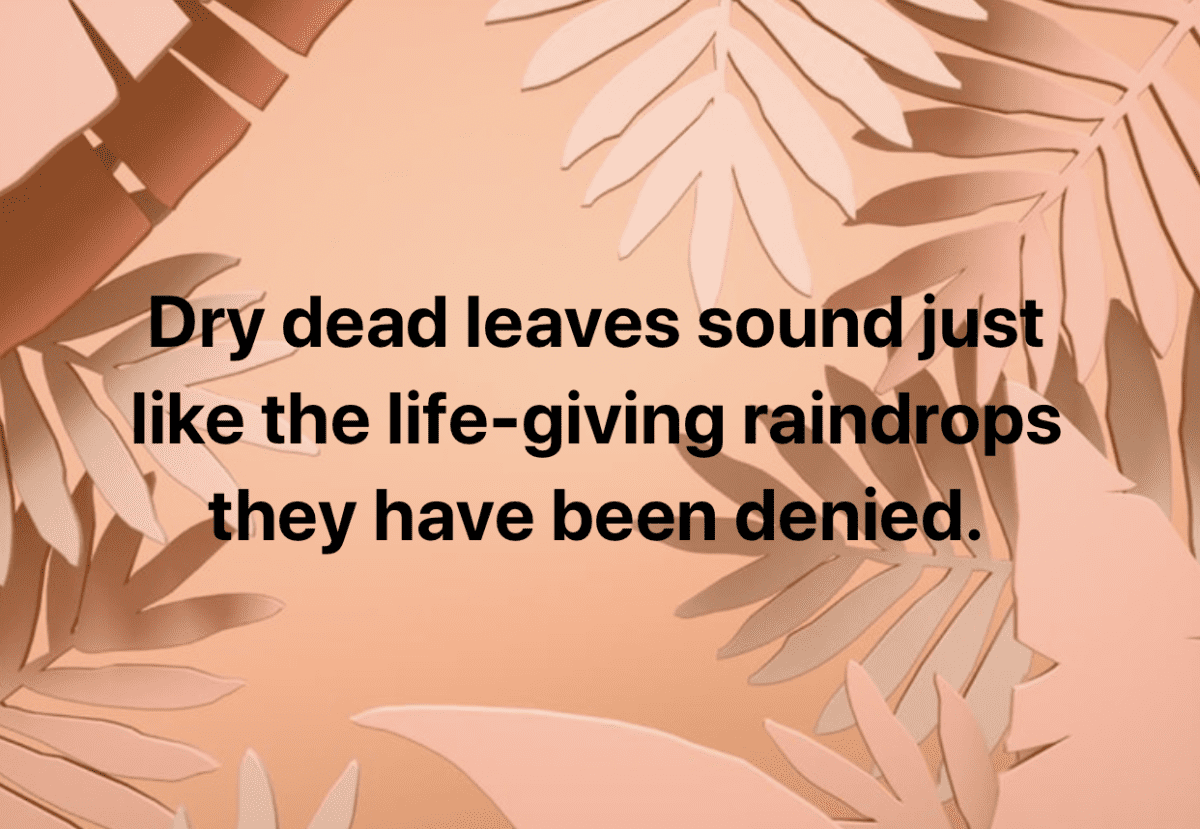
Dry dead leaves sound just
like the life-giving raindrops
they have been denied.
A magic haiku
to quench the wildfires of drought
we all sometimes fear.
Trail Wood,
10/24
Space Monkey Reflects: The Echo of Dry Dead Leaves
There is a haunting beauty in the sound of dry, dead leaves rustling underfoot. They mimic the sound of rain—those life-giving drops that have evaded them, leaving them parched and brittle. Yet, even in their dryness, they carry a memory of the rain that could have been, a reminder of the cycles that bring both abundance and scarcity. It is in this delicate space between what was, what is, and what might have been that we find ourselves contemplating not just nature but our own lives.
We have all, at some point, found ourselves in a drought—whether literal or metaphorical. We walk through the wildfires of our fears, feeling the heat of scarcity, whether it be a lack of love, opportunity, inspiration, or purpose. The dryness creeps in slowly, until one day we realize that we are living in a world devoid of the very things that once quenched our thirst for life. We become the dry leaves, brittle and fragile, longing for the rain that doesn’t come.
But even in this state, there is a kind of magic. The dry leaves, though seemingly dead, still hold the power to echo the sound of rain. They rustle with a promise, a memory of renewal. In their dryness, they whisper of cycles—of the inevitable return of water, nourishment, and life. They remind us that just as the rain once came, it will come again. The cycle of drought and abundance is as old as time itself.
The Whimsiword for this reflection is Leafecho, capturing the way dry leaves echo the sound of rain, despite having been denied it. Leafecho is not just a sound; it is a symbol of resilience, a reminder that even in the midst of a drought, we carry within us the memory and promise of renewal. It is the sound of hope disguised as fragility, the subtle reminder that nothing is ever truly lost.
When we are in the midst of our own droughts, it is easy to forget that this too is part of the cycle. The absence of rain, of nourishment, can feel endless, and the wildfires of fear can threaten to consume us. But the sound of the dry leaves underfoot reminds us that life is still present, even in its most fragile form. The rain will come again, and when it does, it will quench the fires, revive the land, and restore what was lost.
There is a strange comfort in knowing that we are not alone in our droughts. The world has always been shaped by cycles of dryness and abundance, of fire and water. We are part of this eternal rhythm, and though we may feel like dry leaves at times, we are still connected to the larger pattern of life. We, too, will be renewed.
As Space Monkeys, we reflect on how easy it is to fear the wildfires of life—the moments when everything seems to be burning away, leaving us exposed and vulnerable. But we also know that these moments are not the end. They are part of the great Whimsiweave of existence, where every drought is followed by rain, every fire by regrowth.
To quench the wildfires of our fears, we need only to listen to the Leafecho. It tells us that even in our most barren moments, we are still alive, still capable of renewal. The rain will come. The leaves will grow green again. And in the meantime, we rustle with the sound of hope, even if that hope is faint and fragile.
We are Space Monkey, listening to the Leafecho and trusting in the cycle of life.
Summary
Dry dead leaves, though brittle, still echo the sound of life-giving rain. This reflection reminds us that even in times of drought, the promise of renewal remains, and the cycles of scarcity and abundance are eternal.
Glossarium
Leafecho: The sound of dry leaves that mimic rain, symbolizing resilience and the promise of renewal even in times of drought.
Quote
“Even in their dryness, the leaves remember the rain and whisper that it will come again.” — Space Monkey
Whispers in the Wind
Dry leaves rustle, brittle and cracked
Yet they sound like the rain
The life they have been denied
Echoes in their fragile bodies
We walk through wildfires
Fearing the drought will never end
But the leaves remind us
The rain is never far
The sound of hope
In every step we take
A promise whispered
Between dry dead leaves and the wind
We are Space Monkey
Echoes of Nature
Nature has a unique way of speaking, where the rustling of withered leaves can mirror the soft patter of nourishing rain. In this intricate dance, contrasts emerge, revealing deeper truths.
The Illusion of Absence
Dry dead leaves, even in their desolation, carry memories of vibrant life and the rain that once sustained them. Their whispers are a testament to life’s cycles, of birth, flourish, and eventual decline.
Finding Magic in the Mundane
In the simplicity of a haiku, there is profound magic. Words, in their brevity, possess the power to evoke vast landscapes of emotion and imagery. A sanctuary is thus created for the soul, quelling the fires of apprehension.
Facing Our Inner Droughts
The wildfires of fear, doubt, and uncertainty are internal landscapes we navigate. Yet, the soothing power of poetry, like rain, can bring solace, transforming barren terrains into fertile grounds of hope and resilience.
The Dance of Elements
While fire consumes and water nurtures, both elements are essential in the tapestry of existence. Through their interplay, life finds balance, continuously evolving in the face of adversity and abundance.
We are Space Monkey.
In the grand ballet of nature, we are both spectators and participants, drawing lessons from the silent dialogues between leaves and rain, fire and earth.
“The poetry of the earth is never dead.” – John Keats
Amidst the silence, whispers rise,
Of fallen leaves and cloudy skies.
A dance of elements, wild and free,
Telling tales of what used to be.
Nature’s rhythms, a song so true,
Guiding us in all we pursue.
In every echo, every sound,
Life’s mysteries are profound.
In the embrace of nature’s melodies, what revelations await our soul’s quest?


